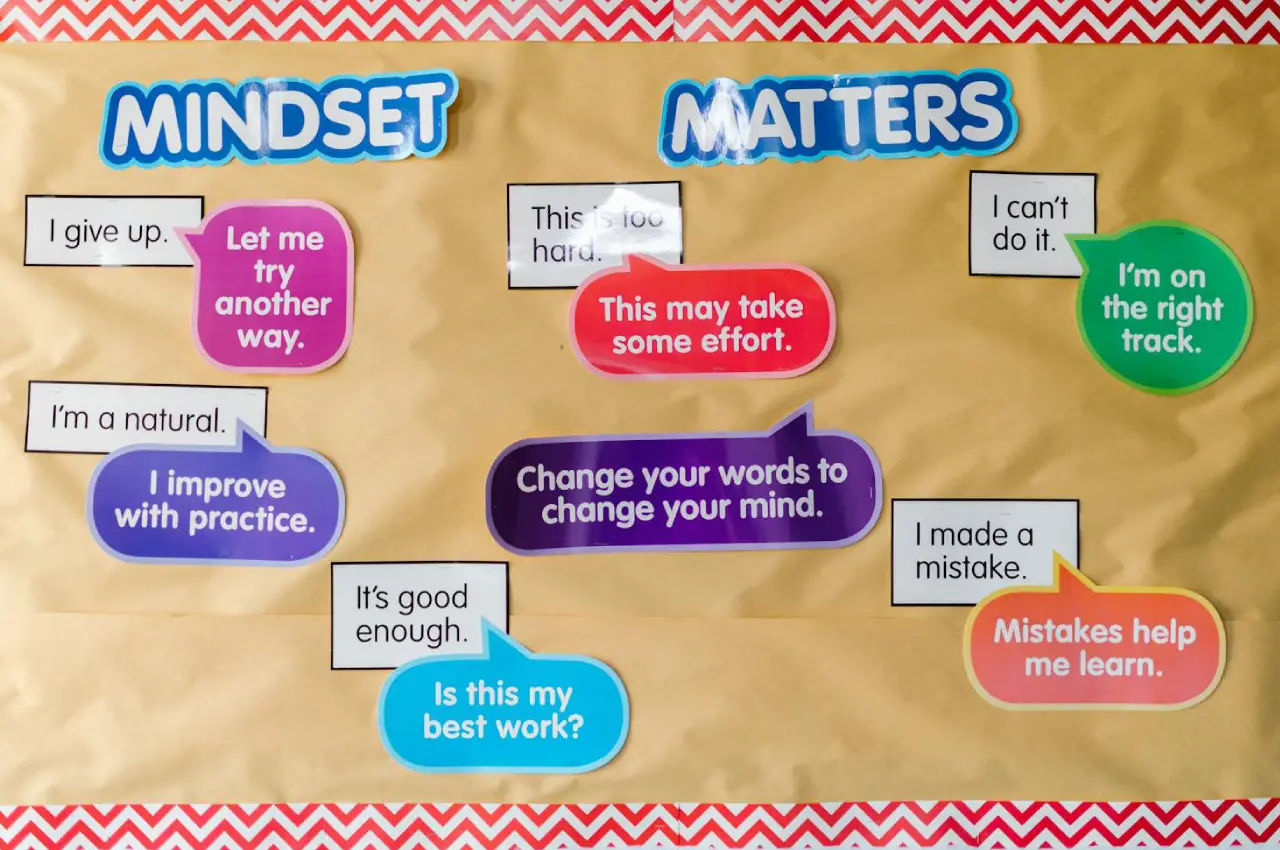In the journey of life, adversity is an inevitable companion. From personal setbacks to global crises, challenges come in all shapes and sizes. It’s not the adversity itself that defines us, but how we respond to it. This is where resilience, the ability to bounce back from adversity, plays a pivotal role. In this blog post, we’ll delve into the significance of resilience and how it empowers individuals to overcome life’s toughest trials.
Understanding Resilience
Resilience isn’t an innate trait but a skill that can be developed. It’s the capacity to adapt, grow, and thrive in the face of adversity. Resilient individuals don’t avoid life’s challenges; they embrace them as opportunities for growth. The foundation of resilience lies in a few key components.
1. Emotional
Emotional resilience involves recognizing and managing your emotions. It’s not about suppressing feelings but understanding them and finding healthy ways to cope. Emotionally resilient individuals can bounce back from setbacks without being overwhelmed by negativity.
2. Social
Your social network is a valuable asset in times of adversity. Building strong connections with friends and family can provide emotional support. Moreover, a robust support system can offer practical assistance when needed.
3. Cognitive
Cognitive resilience is the ability to think clearly and rationally during difficult times. It involves problem-solving, adaptability, and a positive outlook. This kind of resilience helps you find solutions, even in the face of complex challenges.
The Importance of Resilience
1. Overcoming Setbacks
Setbacks are a part of life, and they can be disheartening. However, resilience empowers you to view these setbacks as stepping stones rather than stumbling blocks. It encourages you to persist and keep moving forward.
2. Enhancing Mental Health
Resilience is closely linked to mental health. Developing emotional resilience can help combat stress, anxiety, and depression. It allows you to better cope with life’s ups and downs, reducing the risk of developing mental health issues.
3. Strengthening Relationships
In personal and professional life, resilience plays a significant role in maintaining healthy relationships. When you face adversity, your ability to communicate effectively and resolve conflicts is crucial. Resilient individuals can navigate relationship challenges more successfully.
Building Resilience
Now that we understand why resilience is vital let’s explore how to cultivate this essential skill.
1. Self-awareness
Start by becoming more aware of your thoughts, emotions, and behaviors. Self-awareness is the first step towards emotional resilience. It helps you identify areas where you need to grow.
2. Build a Support System
Lean on your social network. Don’t hesitate to seek help and emotional support from friends and family. We all need assistance from time to time, and your loved ones can be a valuable resource.
3. Develop Problem-Solving Skills
Cognitive resilience is honed through problem-solving. Practice finding creative solutions to challenges, no matter how big or small. This will train your mind to adapt and persevere.
4. Stay Positive
A positive outlook can significantly boost your resolve. Train your mind to focus on solutions, rather than dwelling on problems. This will make you more adaptable and better equipped to face adversity.
5. Learn from Adversity
Every challenge offers an opportunity for growth. Embrace adversity as a chance to learn and develop. Reflect on your experiences, and use them as stepping stones to greater adaptability.
Real-Life Case Studies:
To put the power of resilience into perspective, let’s take a look at some famous figures who overcame extraordinary adversity:
1. Nelson Mandela
Nelson Mandela spent 27 years in prison fighting against apartheid in South Africa. His persistence, determination, and forgiveness in the face of such adversity made him a symbol of peace and reconciliation.
2. J.K. Rowling
Before she became a renowned author, J.K. Rowling faced poverty, rejection from publishers, and personal struggles. Her unwavering persistence led to the creation of the beloved Harry Potter series.
3. Stephen Hawking
Despite being diagnosed with a debilitating motor neuron disease, Stephen Hawking continued his groundbreaking work in theoretical physics. His persistence in the face of physical limitations is truly inspirational.
The Road Ahead
In conclusion, resilience is a powerful tool that empowers individuals to face adversity head-on and emerge stronger. It’s a skill that can be developed and honed over time. Whether you’re dealing with personal challenges or navigating global crises, resilience is your guiding light.
Now, it’s time to take action. Reflect on your own steadfastness, and consider how you can strengthen it. Join the conversation by sharing your own experiences with resilience. How have you overcome adversity in your life? Your story could inspire others to build their resilience too. Leave a comment now!





